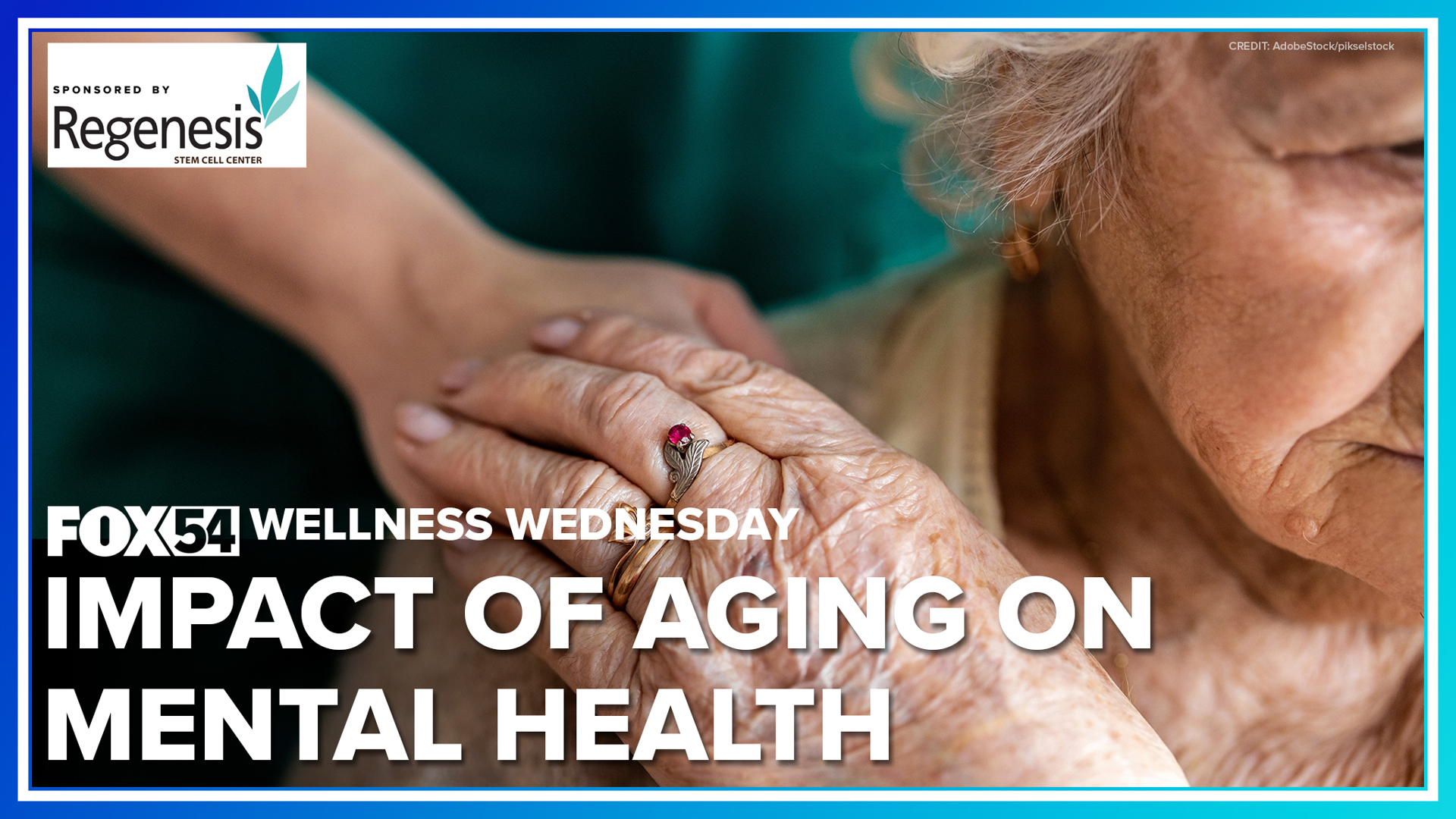HUNTSVILLE, Ala. — According to the World Health Organization, the world's population is aging fast. In 2020, one billion people in the world were aged sixty years or older. By 2030, one in six people in the world will be sixty or older. How can aging affect mental health?
"Some of us don't know what to do after we've accomplished all of our goals." This is according to Huntsville psychotherapist Monretta Vega. She says retirement can be a tough time. "And it starts to cause a little question of self-worth, purpose, you know, passion. 'What am I doing here? What does this next phase of life look like for me?'"
Along with age comes other changes...friendships, bereavement, grief, loss. Vega says these can impact us mentally, as well as our state of mind.
But there's a connection between "state of mind" and our physical state, too. Vega says, "This includes changes in our body, changes in our experiences, changes in our appearance. So this goes from the simple statement of 'You're as young as you feel'. Yeah, you do, but your body changes. So [there's also] 'I'm not as physically strong or fit as I once was.'"
And that may even include an unexpected diagnosis.
Vega says, "Do what you have to do and follow your physician's orders. However, think about what we can also add to it to give you the best quality of life. But don't quit just because we may have a diagnosis. See what we can do within our limitations and keep going. But there's so many options that can not necessarily be reversible, but manageable."
And most importantly, she reminds us to keep an open mind. "A lot of times some of us feel like in specific age means that, I can't do it. I'm too old to learn new things. I just kind of have to sit here but embrace learning something new. Age doesn't stop you. You stop you."
And finally, "Identify an effective way to adapt to change because life does change."
As people age, they are more likely to experience several conditions at the same time, and mental disorders among older adults are common. About 14 percent of those age 60 and older will experience a mental health condition, so it's particularly important to keep tabs on your brain's well-being.

